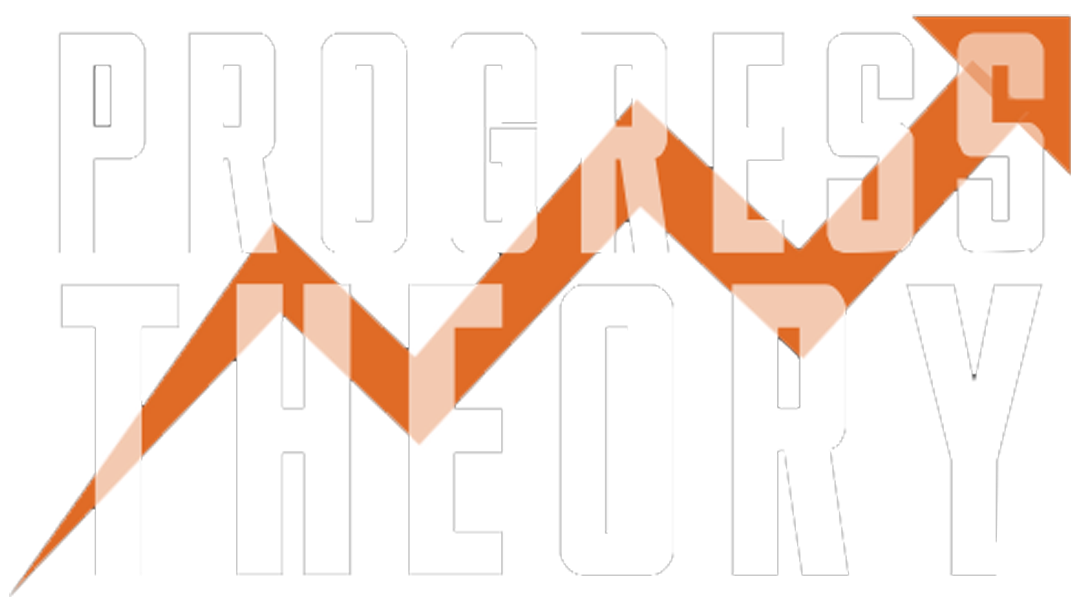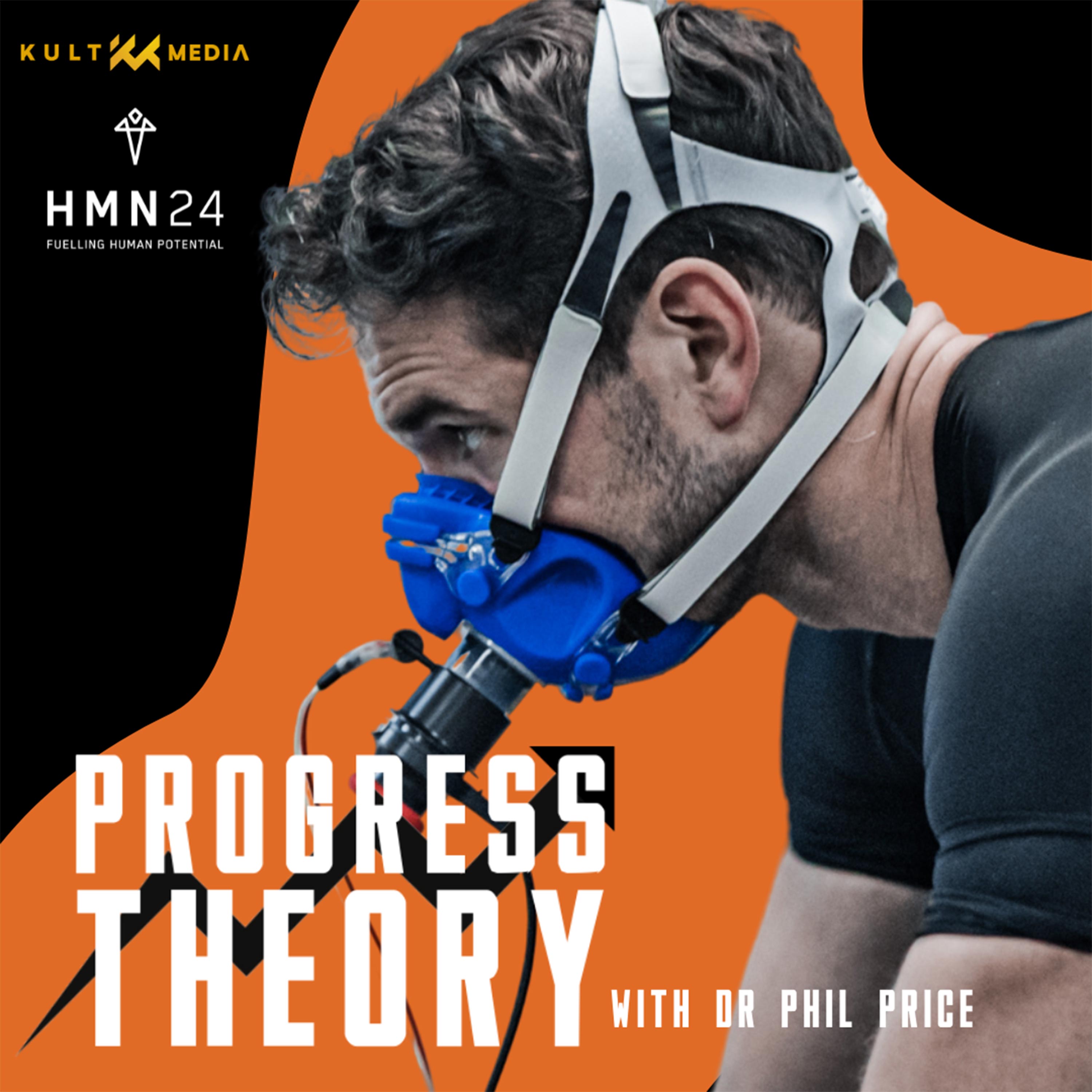Can Social Media Be Used To Develop Positive Nutritional Behaviours? - David Dunne
The Progress Theory is back with another legend’s episode. This time we’re discussing behaviours around food with Performance nutritionist, researcher and co-founder of the Hexis-performance app, David Dunne.
In this episode, we discuss how David’s ideas around nutritional behaviour and habits and how Nutritionists were starting to embrace technology and social media more for the delivery of nutritional services led him to pursue research in Behavioral Science and nutrition. It was very clear that nutritional knowledge is not enough to improve the nutritional behaviours of athletes, and a more personal and context-specific approach is needed to influence behaviour and improving nutritional practices. Topics include:
• The rationale and direction of David’s research in nutrition and behavioural Science
• How nutritionists are open to new technologies when delivering nutritional services, but our understanding of how effective they can be is limited
• How behavioural approaches need to be person-specific, making group sessions challenging. In these scenarios, focus on what behaviours you can change.
• The negatives of social media for nutrition. How social media can provide a false narrative of what is normal and appropriate nutrition.
• How the Hexis performance app is an evidence-based app that aims to tailor your nutritional strategy to your characteristics and positive behaviours (check them out at @hexis_performance due out later this year).
• How getting practical experience is key for developing your skills as a nutritionist.
You can also contact David through his Instagram @thenutritionisr
#progresstheory

